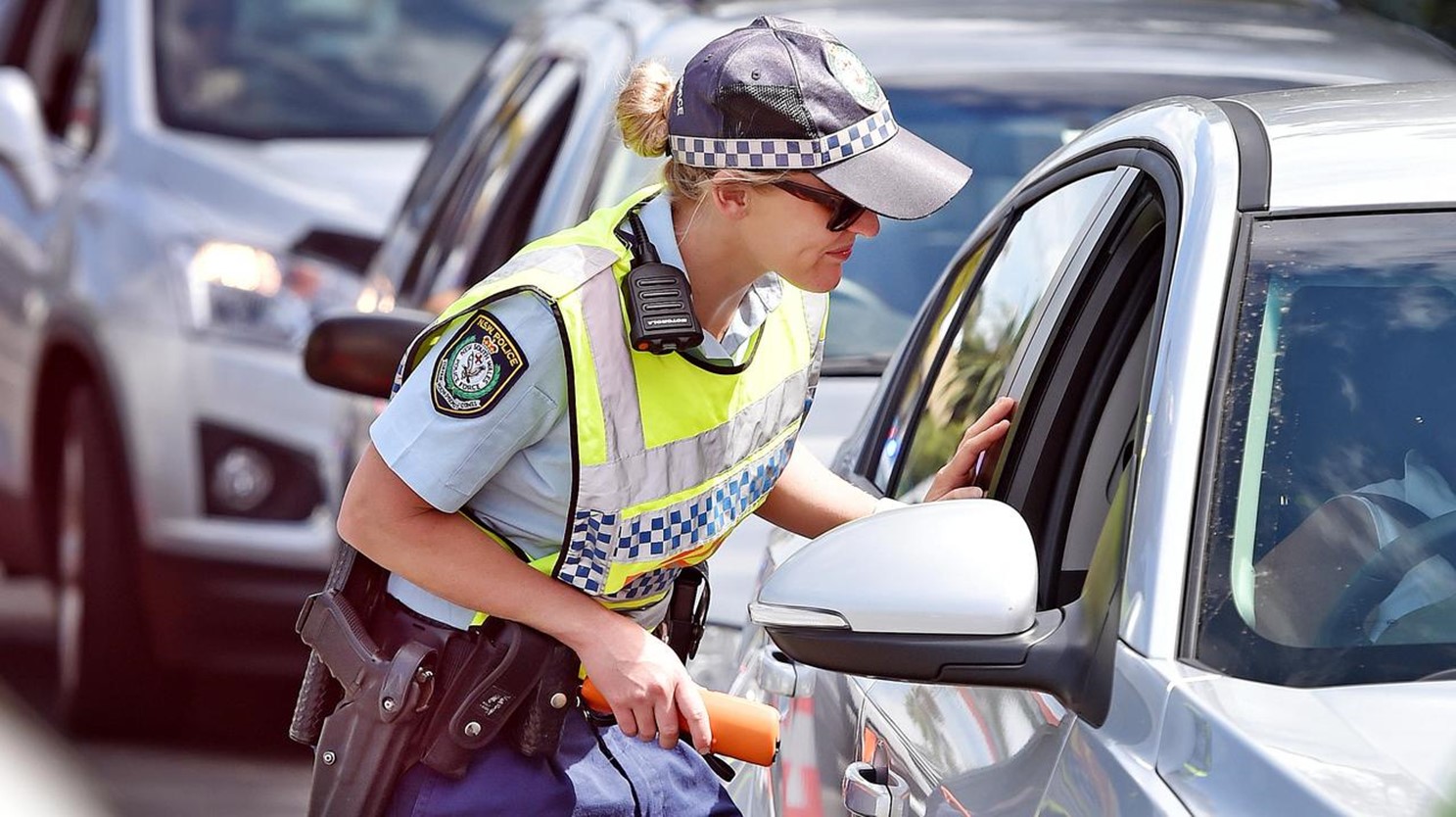
Cannabis was made legal for medical purposes in Queensland in 2016. It is, however, illegal for a person to drive while a detectable amount of THC (the active compound in cannabis) is in his saliva or blood. This remains so, even if you have a legal prescription for cannabis containing THC.
How can a legal cannabis user know when to drive?
The burden is on the user of the legal cannabis to assess just how much THC is in his or her system when deciding to drive. Difficulties are further compounded by the lack of clarity around how long detectable quantities of cannabis will remain in a person’s body. A number of factors must be considered:
- How much cannabis has been consumed,
- The concentration of THC in that cannabis,
- When it was consumed,
- Whether the person ate before consuming the cannabis,
- Whether the person is generally in good health,
- The rate at which a person’s body digests and metabolises cannabis,
- The method used to consume the cannabis (oil, smoking, vaping, eating?).
Unfortunately, there is very little guidance available for those with a prescription for cannabis about the above factors. People are (sometimes) told by their doctors they cannot use their medication and drive.
According to the Alcohol and Drug Foundation:
Random roadside saliva tests can detect THC (the active ingredient in cannabis) for around 12 hours after use in people who use cannabis infrequently or ‘recreationally’. For people who frequently use cannabis, THC can usually be detected for around 30 hours. It’s important for people who use cannabis frequently to know that THC can be found in urine samples for around a month after cannabis was last used. This is because the body stores THC in fat cells for a period of time.
Does a person have a defence if he or she has made an honest and reasonable mistake?
Under section 24 of the Criminal Code a person who does an act ‘under an honest and reasonable, but mistaken, belief in the existence of any state of things is not criminally responsible for the act or omission to any greater extent than if the real state of things had been such as the person believed to exist.’
Under section 79(2AA) of the Transport Operations (Road Use Management) Act (TORUM), it is an offence to drive while a relevant drug is present in a driver’s blood or saliva. Note, it does not matter if the person is affected by the drug. It only matters if the drug is detected. This will generally be tested by police requiring a person to swab their mouth or tongue in an initial road-side drug test.
We frequently speak with people who tell us that they do not know how a drug got into their system, because they did not deliberately consume it. For example, the person may have been at a party where others were passing around a joint, and may have inhaled some of the second-hand cannabis smoke. If correct, this would indicate the person had made an honest and reasonable mistake regarding whether she had cannabis present in her blood or saliva at the time of driving (i.e., she thought she didn’t).
Additionally, a person may honestly and reasonably believe he is permitted to drive 12 hours after he has consumed medically prescribed cannabis, given he did not feel affected and had a medical prescription for the cannabis.
Returning, however, to section 79 of the TORUM, the section specifically states, at sub-section (12), “The Criminal Code, section 24, does not apply to an offence under this section.”
To make a long story short, it is not a defence to a charge of drug driving that a person held an honest and reasonable belief that they would be permitted to drive some time after consuming legally prescribed medicinal cannabis.
There are no exceptions in the law that allow for this.
Legal Change?
While the Minister for Transport and Main Roads has all but conceded the law can function unreasonably in this context, it appears the Parliament presently has no plan to change the law. A Bill was passed amending the TORUM Act in September 2022, which did not incorporate suggested amendments, which would have provided an exception to the illegality of drug driving if the drug detected was supplied to the driver as medicinal cannabis. It is unknown why this seemingly sensible amendment was rejected.
What’s the bottom line?
Clarity Law most likely cannot get you out of a charge for drug driving. The Parliament has deliberately made it difficult to defend these charges. Our experience in negotiating with the prosecutors confirms their unwillingness to withdraw or drop drug driving charges, even if we can prove you were prescribed medical cannabis. What we can do, is assist you to get the lowest licence disqualification possible, and potentially help you obtain a work licence. These things in themselves can make a big difference to your life and maintaining employment.
For more detailed information on drug driving offences in general, you can read our comprehensive article here.






